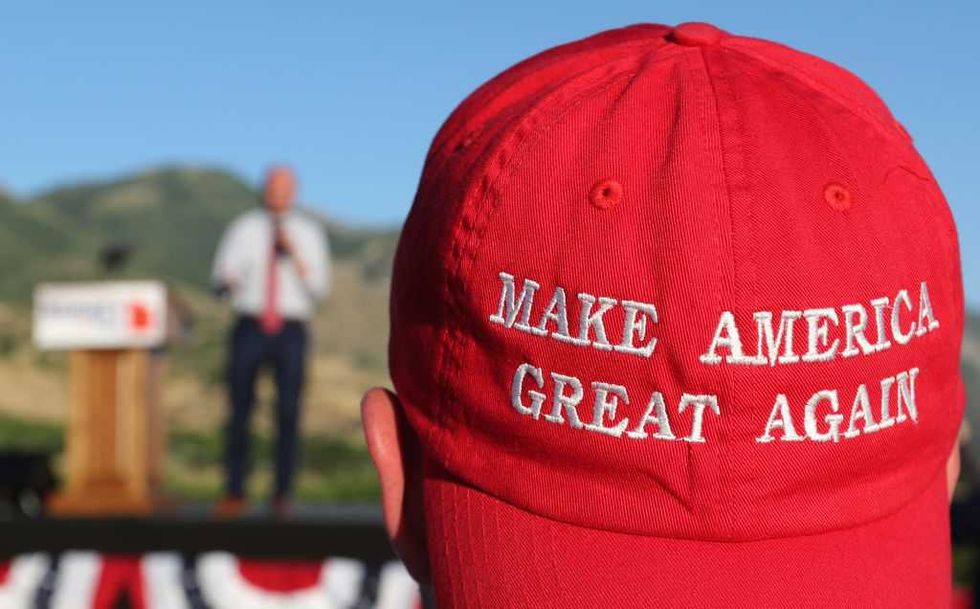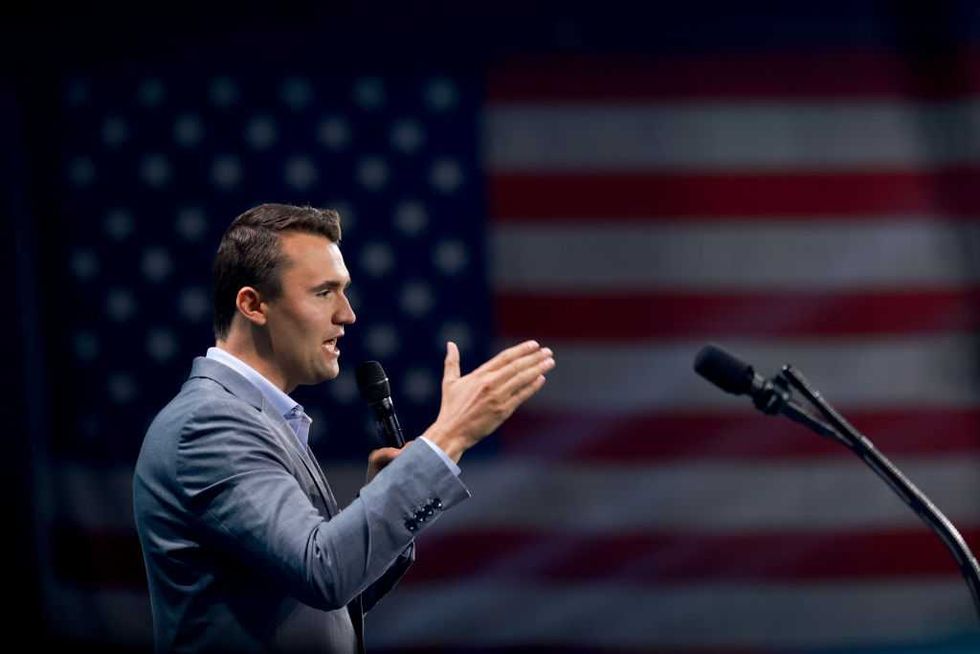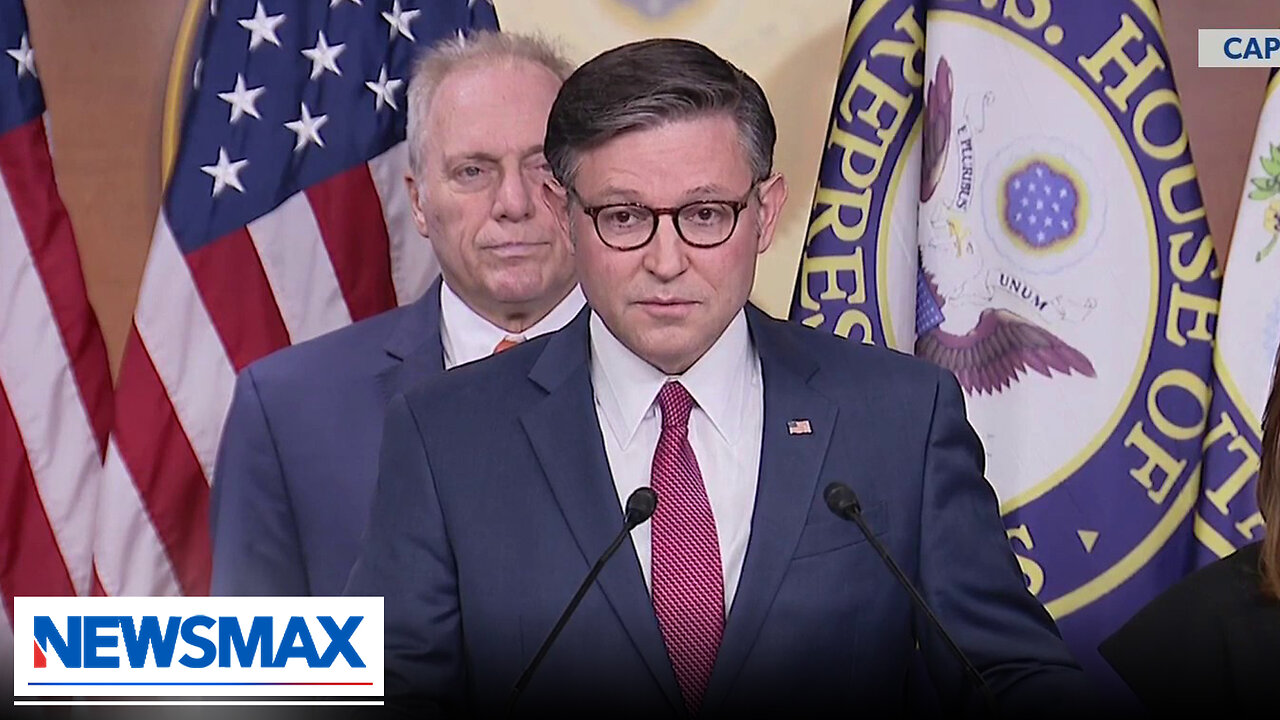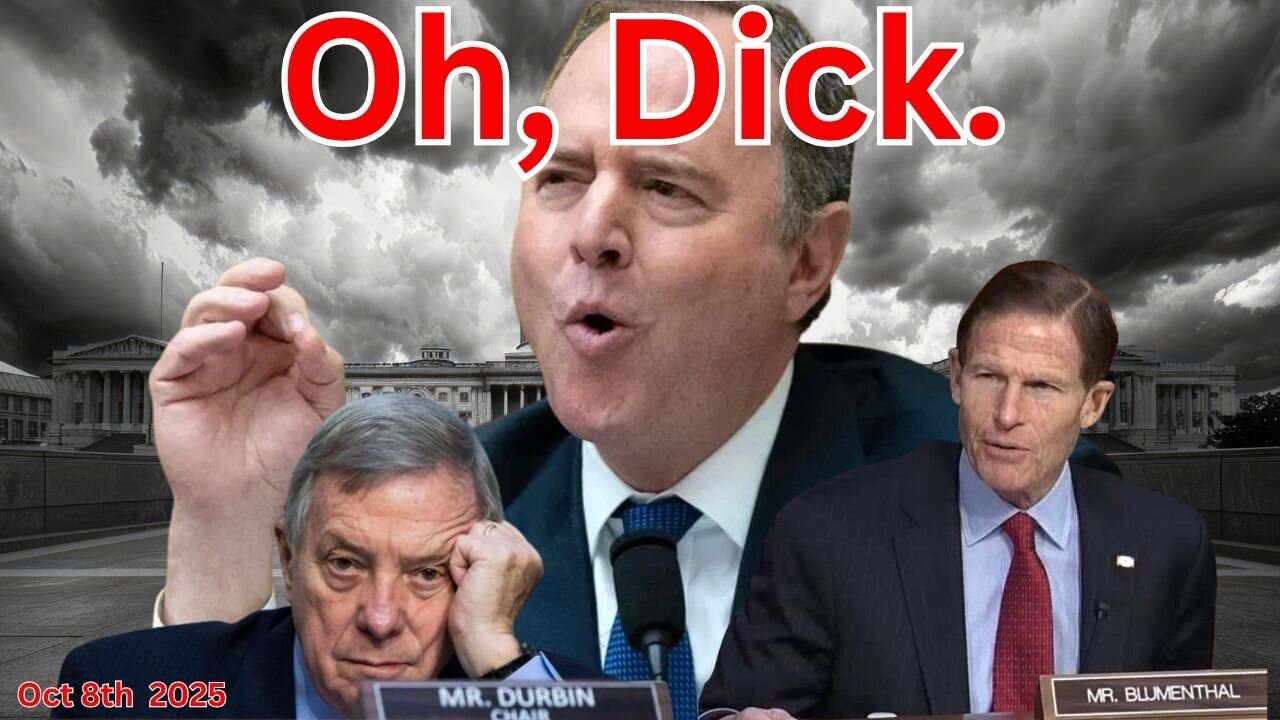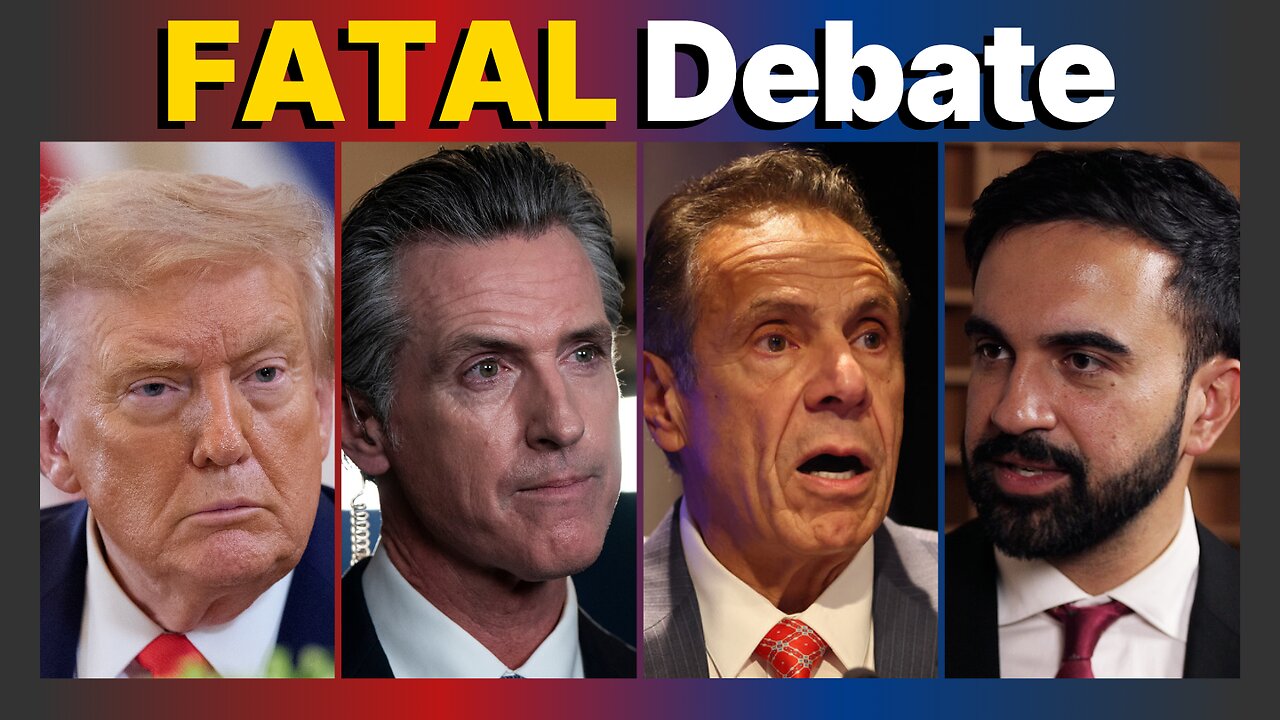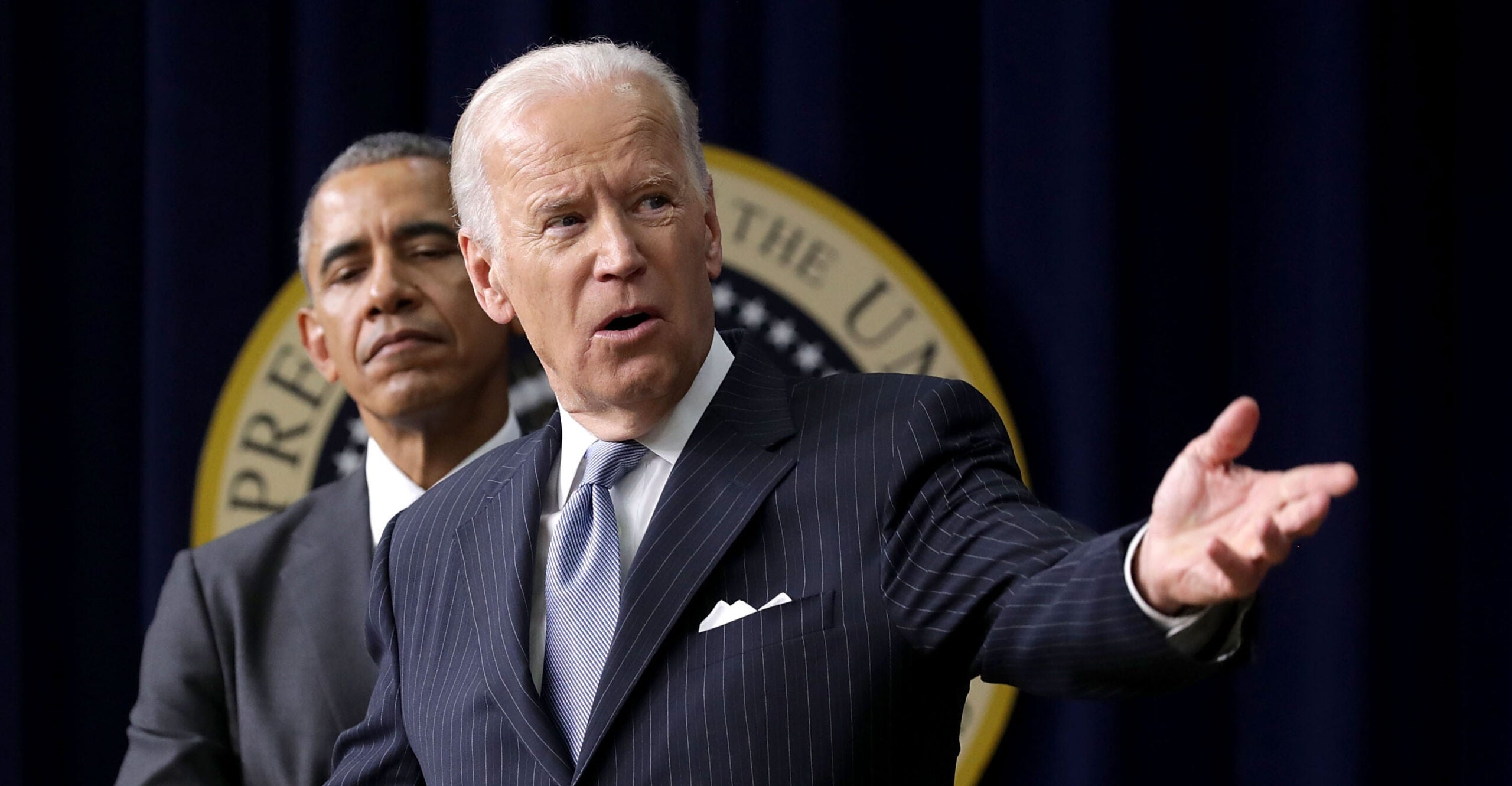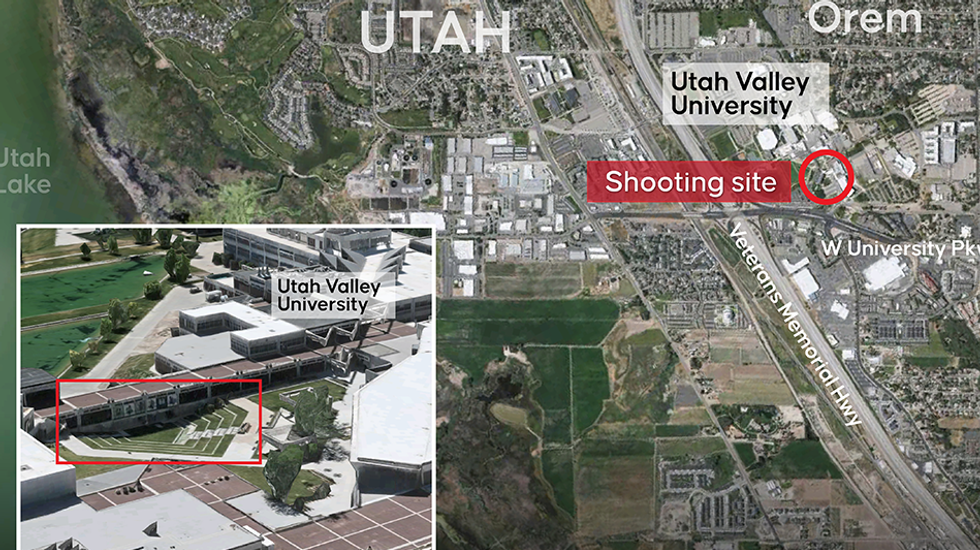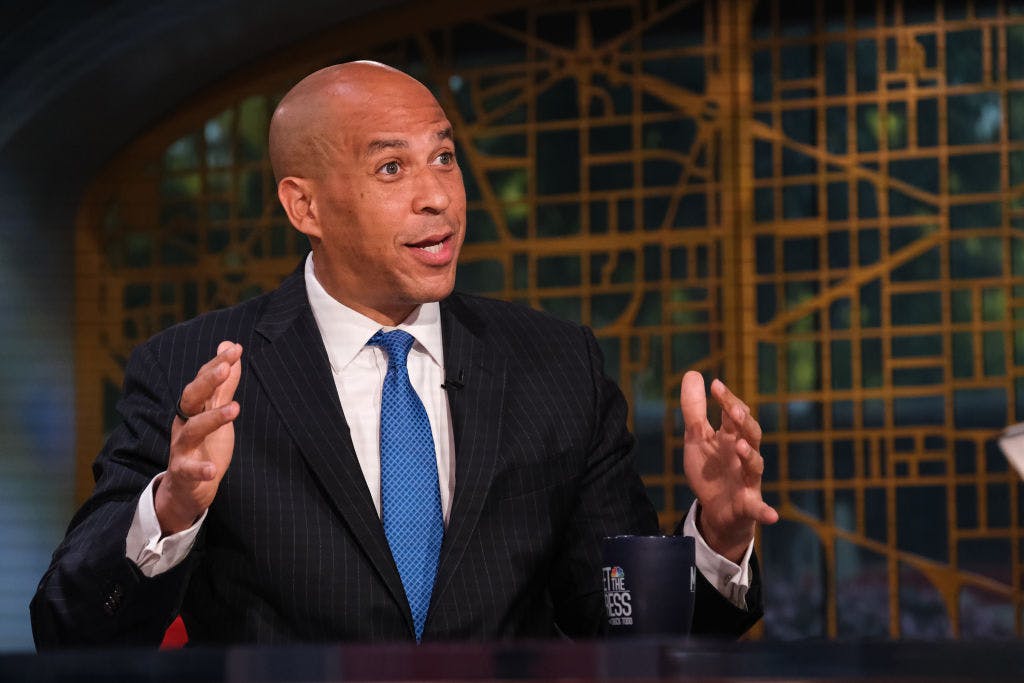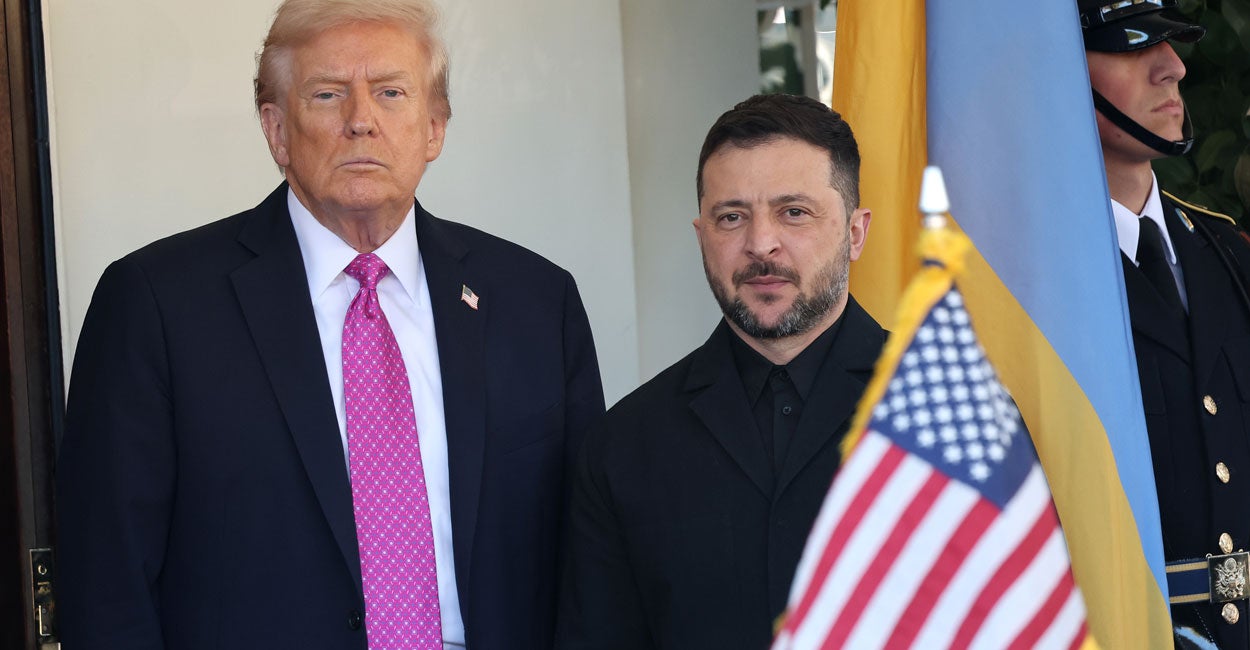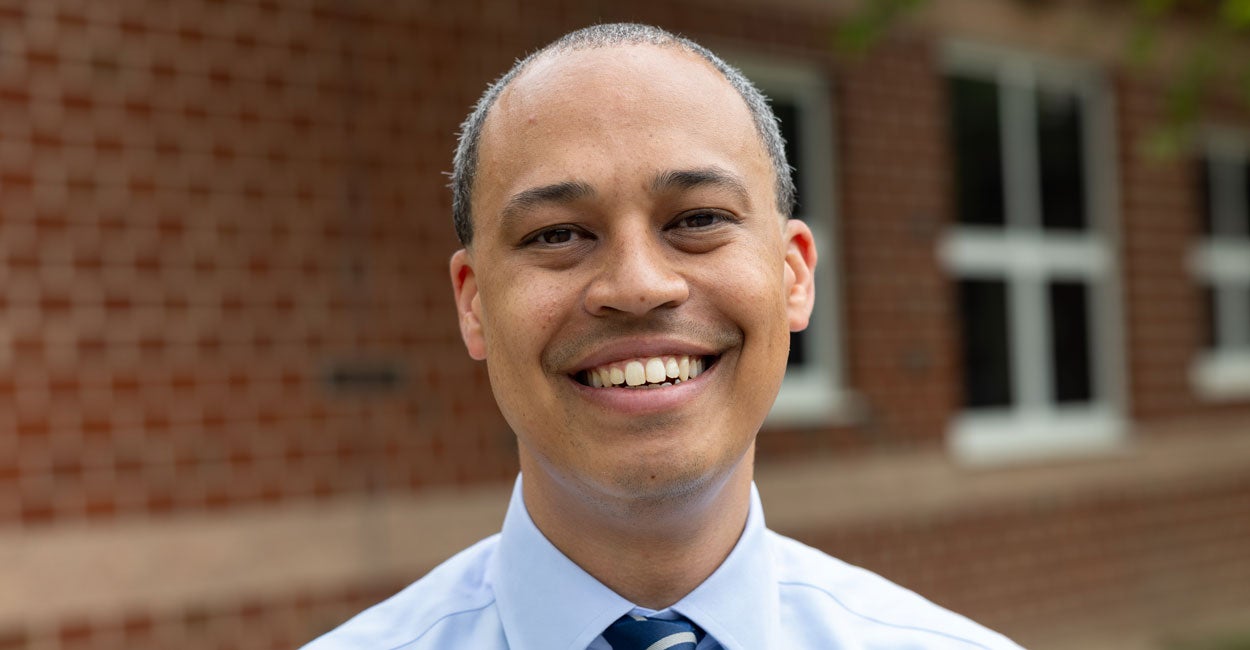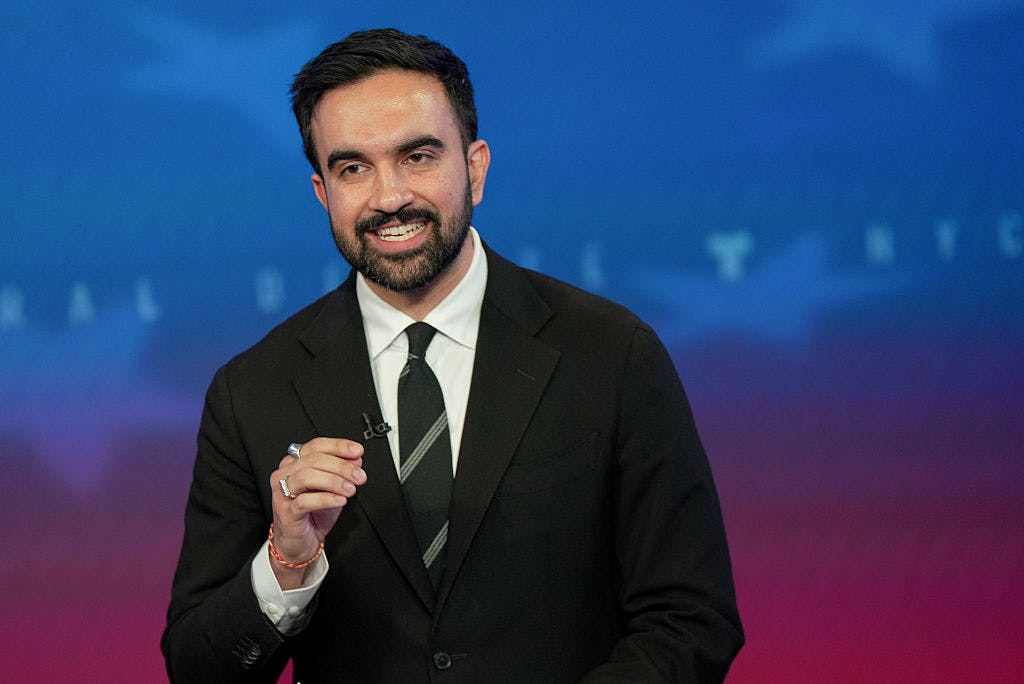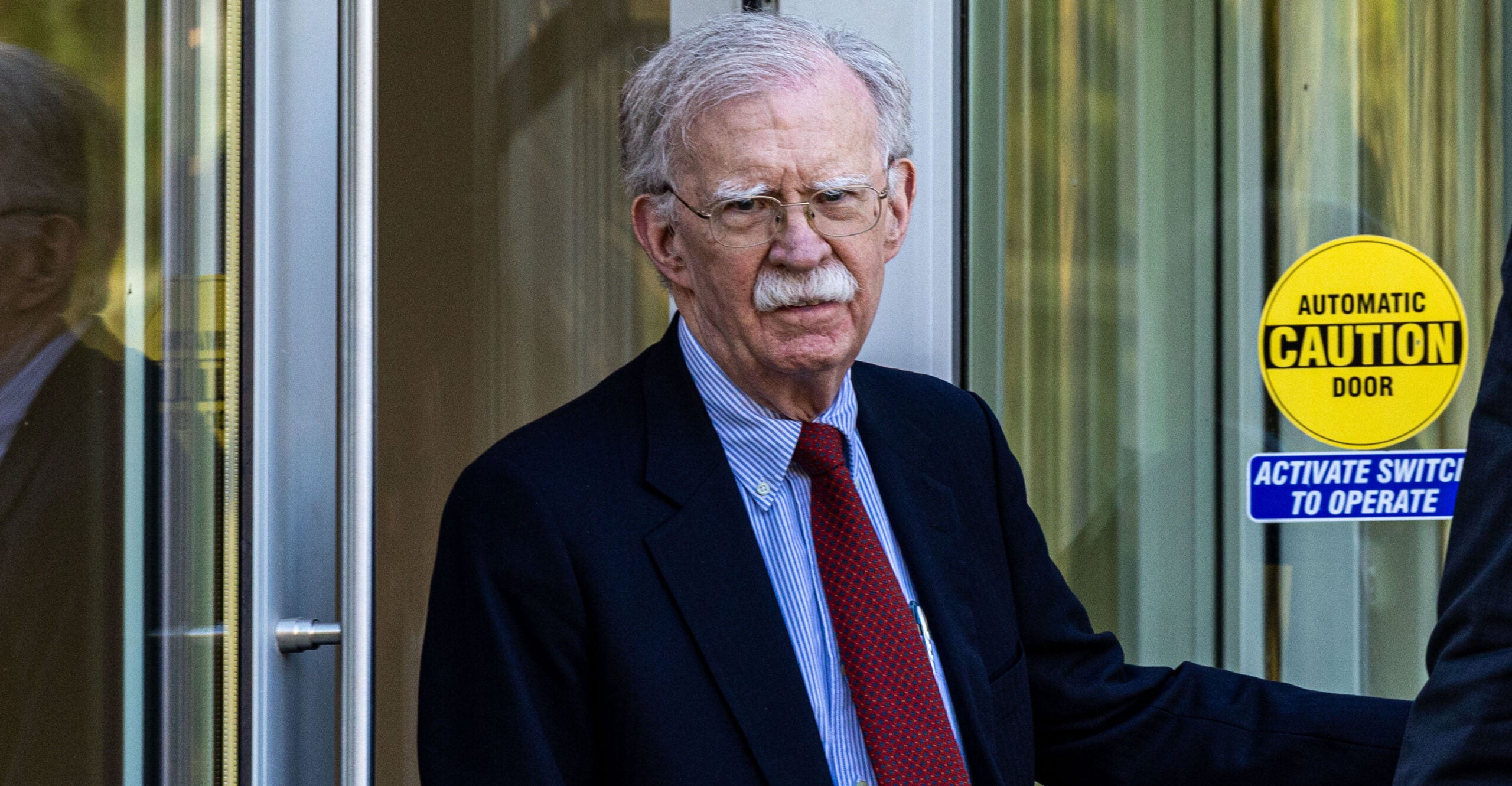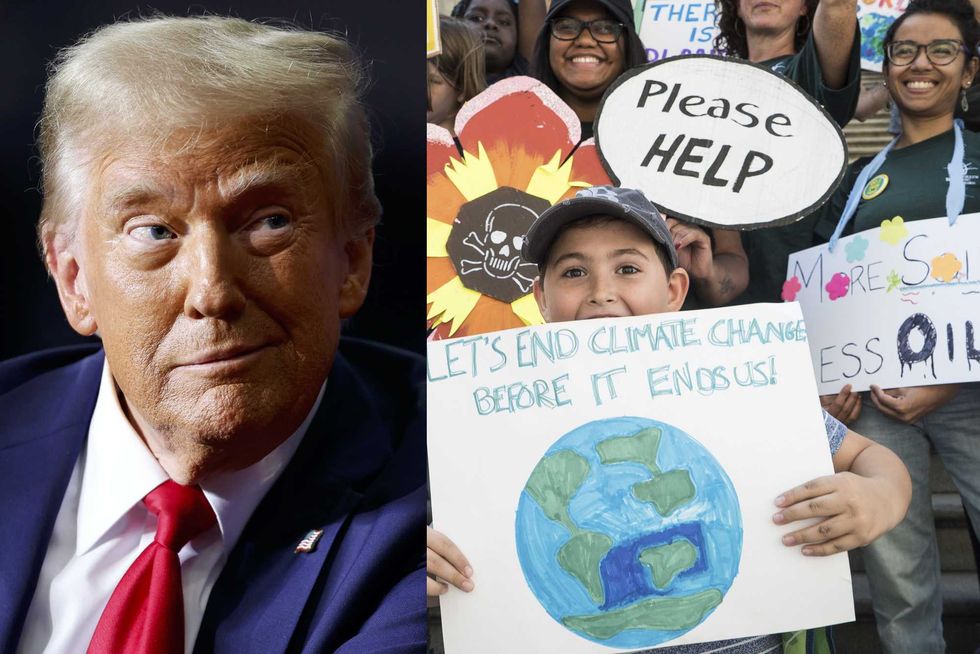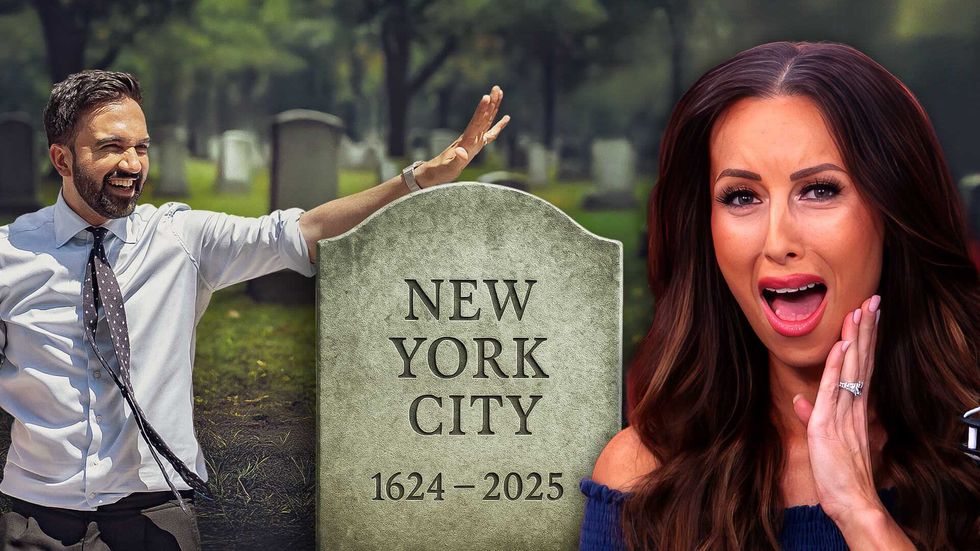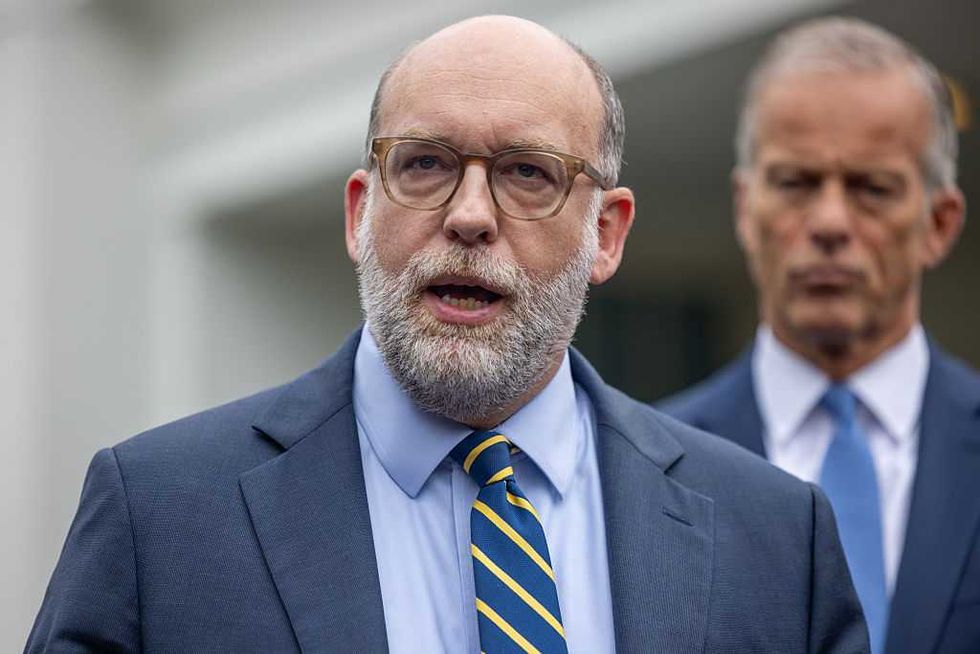MAHA In 100 Days: How Trump And RFK Are Transforming Food And Healthcare In America

Minutes after Robert F. Kennedy Jr. was sworn in as Secretary of Health and Human Services (HHS), President Donald Trump signed an executive order directing Kennedy and his team to Make America Healthy Again.
The order created the MAHA Commission, and specifically instructed Kennedy to focus on addressing the root causes of America’s escalating health crisis, especially childhood chronic disease.
Kennedy did just that — and swiftly.
Here’s what the secretary has done so far to transform American food standards and reorient his agency’s health initiatives.
Food Changes
DYES: Kennedy announced in April that he’s phasing out a number of artificial food dyes and colorings by the end of 2026. Specifically, HHS is banning petroleum-based synthetic dyes, including Red 3 and 40, Blue 1 and 2, Yellow 5 and 6, and Green 3. Such dyes are common in cereals, candy, baked goods, soft drinks, and other junk foods commonly consumed by children.
HHS will also be partnering with the National Institutes of Health (NIH) to conduct comprehensive research on how these dyes impact children’s health and development.
INGREDIENT STANDARDS: Kennedy has directed the FDA to revise a rule that allows companies to “self-affirm” the safety of food ingredients. Under the revision, manufacturers will have to publicly submit safety data for new ingredients. HHS says such enhanced oversight will “bring transparency to American consumers.”
LIMITING SNAP: Several states are moving to limit food stamps, also known as SNAP benefits, to healthier options. The limits often exclude sugary drinks like soda, candy, and some other highly processed foods.
RFK has urged governors to submit waivers to the Department of Agriculture to effectuate such limits on SNAP. On April 16, Arkansas was the first state in the nation to submit such a request. States like West Virginia, Utah, Idaho, Tennessee, South Carolina, Missouri, and Indiana are exploring SNAP restrictions, too.
TRANSPARENCY TOOL: In March, the FDA unveiled a tool that allows people to look up chemical contaminants in foods from a large database. The tool, which can be accessed here, includes tolerances, action levels, guidance levels, derived intervention levels, recommended maximum levels, and advisory levels of contaminants. Some of the contaminants included in the database are Dichlorodiphenyltrichloroethane, or DDT, a synthetic pesticide; Chlordane, an organochlorine pesticide; and Aldrin and Dieldrin, which are both synthetic chemicals in the insecticide family.
Formula
OPERATION STORK SPEED: The FDA announced in March that it is tightening its standards on infant formula and reevaluating current products on the market. The move followed a Consumer Reports investigation, which found that about half of the 41 formulas it tested contained potentially harmful levels of arsenic, lead, BPA, acrylamide, or PFAS, according to News Nation.
The FDA, for example, will increase testing for heavy metals and other contaminants in infant formula and encourage companies to work with the FDA to increase transparency and clearer labeling
Fluoride Fight
This month, Utah became the first state in the nation to ban the addition of fluoride to public drinking water. Numerous other states are also considering bans, including Florida, where a bill proposing a statewide ban just passed the Senate.
The movement seems to have been sparked by Kennedy, who has routinely spoken out against fluoridation. Just before the election, he posted on X that on day one of Donald Trump’s presidency, he would advise that all United States water systems remove fluoride. He’s also called fluoride an “industrial waste” and says it’s associated with numerous negative effects, like arthritis, IQ loss, and thyroid disease.
Autism
CONTRIBUTING FACTORS: There have been reports since March about the CDC studying potential links between vaccinations and the rise in autism. HHS never confirmed nor denied such reports, but said “no stone would go unturned” when researching autism causes. In April, RFK confirmed that he’s commissioning a series of studies on suspected links to high autism rates, including mold, pesticides, food chemicals, and, notably, medication.
NIH, which falls under HHS, is investing $50 million in research for causes and improving treatments for autism, according to USA Today.
DEADLINE ON CAUSES: RFK told Trump in April that HHS will know what is causing the autism epidemic by September. Kennedy also revealed new CDC data that found 1 in 31 children are diagnosed with the disorder, which is nearly 5 times higher than when the CDC started these surveys back in 1992, according to some estimates.
Cleaning House
Kennedy announced in March that he’s restructuring HHS and terminating tens of thousands of employees.
“What I found when I came to HHS, is really a sprawling bureaucracy. We have over 100 communications departments — we should have one. We have 40 IT departments, 40 procurement departments, dozens of HR departments,” Kennedy told Daily Wire host Michael Knowles. “And that is where we’re doing the cuts. We’re going down from 82,000 personnel to 62,000.”
“We’re keeping the scientists, we’re keeping the front-line providers,” he added. “We’re trying to do our best, not only to serve as stewards of the taxpayer money, but also to make the agency more efficient.”
Realigning Funding and Research
VACCINES: The National Institutes of Health (NIH) will stop spending money to find out why Americans are hesitant to take vaccines. NIH is terminating or scaling back more than 40 related grants and has said that such spending no longer aligns with NIH priorities.
AUTISM RESEARCH: As noted above, Kennedy has launched a $50 million initiative aimed at investigating the causes of autism and improving treatments.
FUNDING CHRONIC DISEASE: RFK is reallocating funds he’s cut from the NIH and CDC to address chronic disease.
What’s Next?
Kennedy is only starting on his mission to address the alarming rates of chronic disease, especially among children. But the secretary has also signaled that he’s eyeing the pharmaceutical industry next.
Kennedy has voiced concerns about how we overmedicate, especially young Americans. There have also been reports that RFK is aiming to curb or ban prescription drug ads.
Originally Published at Daily Wire, Daily Signal, or The Blaze
What's Your Reaction?
 Like
0
Like
0
 Dislike
0
Dislike
0
 Love
0
Love
0
 Funny
0
Funny
0
 Angry
0
Angry
0
 Sad
0
Sad
0
 Wow
0
Wow
0

